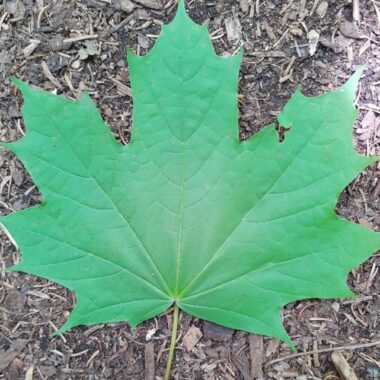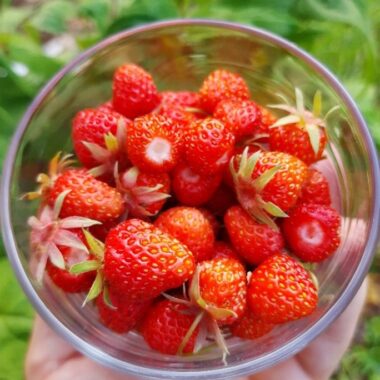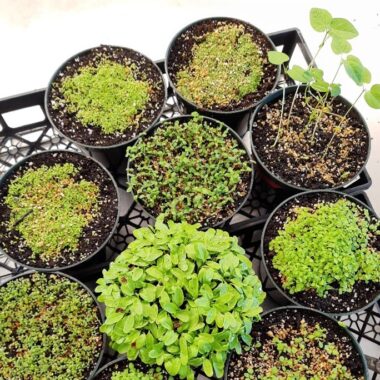
Summer has arrived! It’s a great time to get outside and explore.
Join us at the Harriet Irving Botanical Gardens to learn about native plant gardening throughout the season. We will be offering free monthly walks, each focusing on a different topic. Join us for one or all. Space is limited, please secure your spot for one or all by sending us an email at: botanicalgardens@acadiau.ca or calling us at: (902) 585-1917.
Walks begin at the main entrance of the Harriet Irving Botanical Gardens (pavilion facing University Avenue) at 32 University Avenue on the Acadia University campus.
Accessible parking is available on Crowell Dr, across from the K.C. Irving Environmental Science Centre, and accessible washrooms are available in the Centre. The speed and route of the walk will be adjusted to participants. Expect gentle hills and wheelchair accessible finely compacted gravel pathways. Benches are present throughout the Harriet Irving Botanical Gardens, and you will be encouraged to use them to soak up the beauty of the space.

Alternatives to Invasive Plants
Wednesday July 24, 6:00-7:30pm
During our first summer walk, we will be learning about invasive plants species found in Nova Scotia and have a look at great native alternatives.
Some plants are bad news as they can impact surrounding areas when planted in our gardens. Despite being popular garden plants, non-native species like Norway maple, burning-bush and European privet and their cultivars often escape cultivation, encroaching on natural habitats. Since these species did not co-evolve with our local fauna, they do not contribute to food chains as well as native plants and they tend to form the equivalent of monocultures, reducing biodiversity. Fortunately, many native species can be used instead.

Edible Native Plants
Wednesday August 21, 6:00-7:30pm
Many edible native plant species make wonderful additions to home gardens and human diet. Join us to learn about which native plants you can grow to add to your next meal.
While most of us are used to growing tomatoes, peppers, squash and beans in our gardens, many native plant species could be growing alongside those popular crops. Fiddleheads, the unfurled fronds of the ostrich fern (Matteuccia struthiopteris), can easily be cultivated in moist soils and the sweet serviceberry (Amelanchier spp.) fruit can be eaten fresh or used in jellies, pies, and muffins. If you are lucky, you might already have wild strawberries (Fragaria virginiana) growing in your lawn.

Native Plant Propagation
Wednesday September 18, 6:00-7:30pm
Dreaming of restoring your whole yard with native plants? Come learn the secrets of native plant propagation to help you achieve this at low cost.
The key aspect of native plant seed propagation is the need for most to be exposed to winter-like conditions to germinate. This can be achieved in various ways and many of Wapna’ki’s native plant species are easy to grow once germinated. Participants will get the chance to have a look at our experimental garden, our greenhouse spaces, and our tissue culture facilities.
Stay tuned to learn about our fall walks.
Free, all welcome, registration required.


 Acadia University
Acadia University